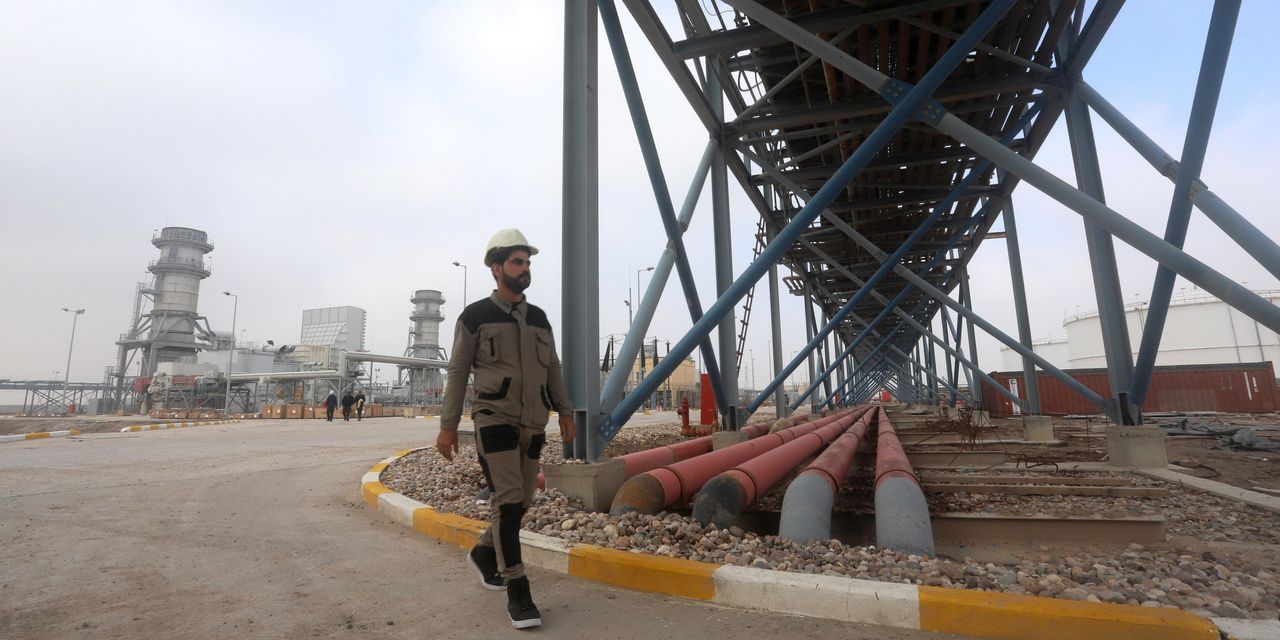The Jamestown Foundation (26 March 2020)
Paul Goble
Nearly 30 years after the disintegration of the Union of Soviet Socialist Republics (USSR), many former Soviet states are still struggling to deal with the delimitation and demarcation of their borders. In the cases involving Armenia and Azerbaijan or Kyrgyzstan and Tajikistan (see EDM, January 28), in particular, this issue has involved regular and often-large scale ethno-national violence. Yet, most of these unresolved border struggles have taken place without much attention from Moscow or the West. Collectively, those conflicts highlight a general failure by all sides and outside observers to appreciate just how difficult this process has been due to the nature of these young republics’ Soviet inheritance. Even if all parties to any such border disagreement are committed to avoiding conflict and finding a resolution, working through these issues will continue to be difficult.
In large part, the pattern of border disputes across the post-Soviet space reflects three widely held views, all of which are wrong. First, many in Moscow and even more in the West have forgotten how often republic borders were changed throughout the course of Soviet history. They were shifted a minimum of 200 times, sometimes involving large territories (such as the shift of Karakalpakistan from the Russian Soviet Federative Socialist Republic to Uzbekistan), often angering those who lost control of those lands and whetting the appetite of the winners for even more (Paul Goble, “Can Republic Borders Be Changed?” RFE/RL Report on the USSR, September 28, 1990).
No comments yet.
- IRAQ: MISSILE ATTACK ON BAGHDAD’S GREEN ZONE Iraq 27.03.2020
-
 U.S. AGAIN LIMITS IRAQ’S WAIVER TO IMPORT ENERGY FROM IRAN
Iraq
27.03.2020
U.S. AGAIN LIMITS IRAQ’S WAIVER TO IMPORT ENERGY FROM IRAN
Iraq
27.03.2020
- PAKISTAN ASKED NOT TO SIGN ACCORDS FOR HAJ Asia - Pacific 27.03.2020
- ARMENIA PRESIDENT SIGNS LAW ON SPACE ACTIVITY The Caucasus and Turkish-Armenian Relations 27.03.2020
- SLOVENIA SAYS WORSE TO COME AFTER BANKS' NET PROFIT SHRINKS The Balkans 27.03.2020
-
25.01.2016
THE ARMENIAN QUESTION - BASIC KNOWLEDGE AND DOCUMENTATION -
12.06.2024
THE TRUTH WILL OUT -
27.03.2023
RADİKAL ERMENİ UNSURLARCA GERÇEKLEŞTİRİLEN MEZALİMLER VE VANDALİZM -
17.03.2023
PATRIOTISM PERVERTED -
23.02.2023
MEN ARE LIKE THAT -
03.02.2023
BAKÜ-TİFLİS-CEYHAN BORU HATTININ YAŞANAN TARİHİ -
16.12.2022
INTERNATIONAL SCHOLARS ON THE EVENTS OF 1915 -
07.12.2022
FAKE PHOTOS AND THE ARMENIAN PROPAGANDA -
07.12.2022
ERMENİ PROPAGANDASI VE SAHTE RESİMLER -
01.01.2022
A Letter From Japan - Strategically Mum: The Silence of the Armenians -
01.01.2022
Japonya'dan Bir Mektup - Stratejik Suskunluk: Ermenilerin Sessizliği -
03.06.2020
Anastas Mikoyan: Confessions of an Armenian Bolshevik -
08.04.2020
Sovyet Sonrası Ukrayna’da Devlet, Toplum ve Siyaset - Değişen Dinamikler, Dönüşen Kimlikler -
12.06.2018
Ermeni Sorunuyla İlgili İngiliz Belgeleri (1912-1923) - British Documents on Armenian Question (1912-1923) -
02.12.2016
Turkish-Russian Academics: A Historical Study on the Caucasus -
01.07.2016
Gürcistan'daki Müslüman Topluluklar: Azınlık Hakları, Kimlik, Siyaset -
10.03.2016
Armenian Diaspora: Diaspora, State and the Imagination of the Republic of Armenia -
24.01.2016
ERMENİ SORUNU - TEMEL BİLGİ VE BELGELER (2. BASKI)
-
AVİM Conference Hall 24.01.2023
CONFERENCE TITLED “HUNGARY’S PERSPECTIVES ON THE TURKIC WORLD"









